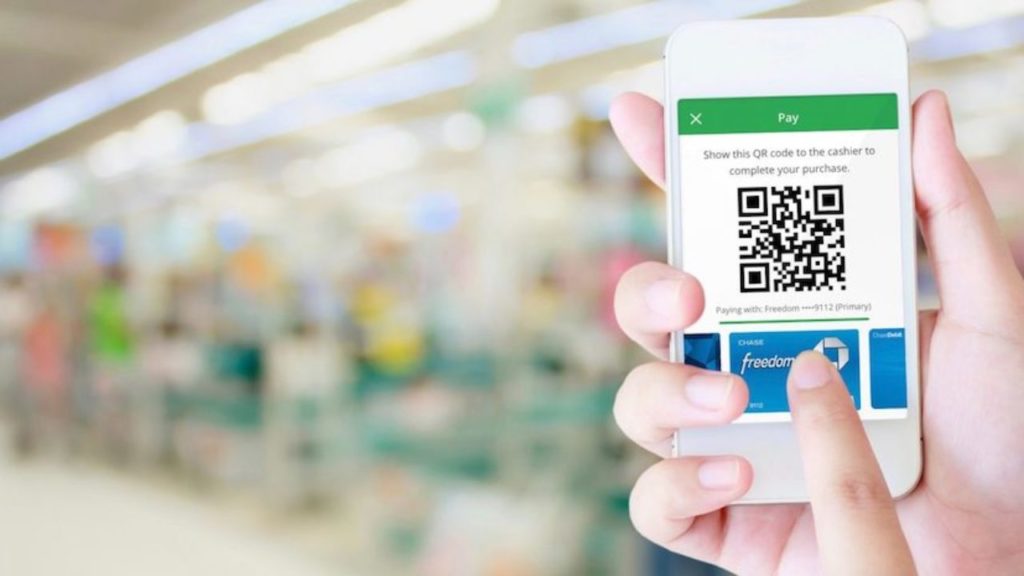RBI Will Create A New App To Compete Against Paytm, PhonePe, Google Pay; Will Target Sub-Rs 10,000 Payments

As if the market of payment portals in India wasn’t crowded enough, the RBI wants to introduce another one now! However, this new portal will be a bit different than the others as it will be a prepaid portal.
The guidelines and information of this app have not yet been issued, but RBI plans to do it soon.
How will this new portal by the RBI work? Let’s find out!
RBI Proposes New Online Prepaid Payment System For Under Rs. 10,000
The Reserve Bank of India has recently proposed that there be a new portal for online payments, similar to that of Google Pay and Paytm. A statement issued by the apex bank states, “To further facilitate its (PPI) usage, it is proposed to introduce a new type of PPI which can be used only for purchase of goods and services up to a limit of ?10,000.”
In the past few years, the payment modes in India have changed drastically, with online payments replacing the traditional payments by cash. The digital cash transaction systems market has been dominated by the Government’s UPI (unified payments interface) and apps such as Google Pay, Paytm, Mobikwik. Individual banks have also introduced their payment apps HDFC Bank’s PayZapp and State Bank of India’s Yono.
As per reports, digital payments in India is estimated to double in terms of value, which is a five-year CAGR of 20%. In FY19, it was Rs. 1630 trillion, which is expected to boost to more than Rs. 4,055 trillion in FU24. Also, the total number of UPI transactions was 0.96 billion in September and went up to 1.5 billion in October.
How Will The New Portal Work?
This payment portal will be a prepaid instrument, whose payments will be capped off at Rs. 10,000. RBI has stated that the loading/reloading for this portal can be done through a bank account only and can be used for digital payments only like bill payments, merchant payments etc.
More specific information about this portal will be issued by the RbI at the end of the month, i.e., by December 31.

Comments are closed, but trackbacks and pingbacks are open.